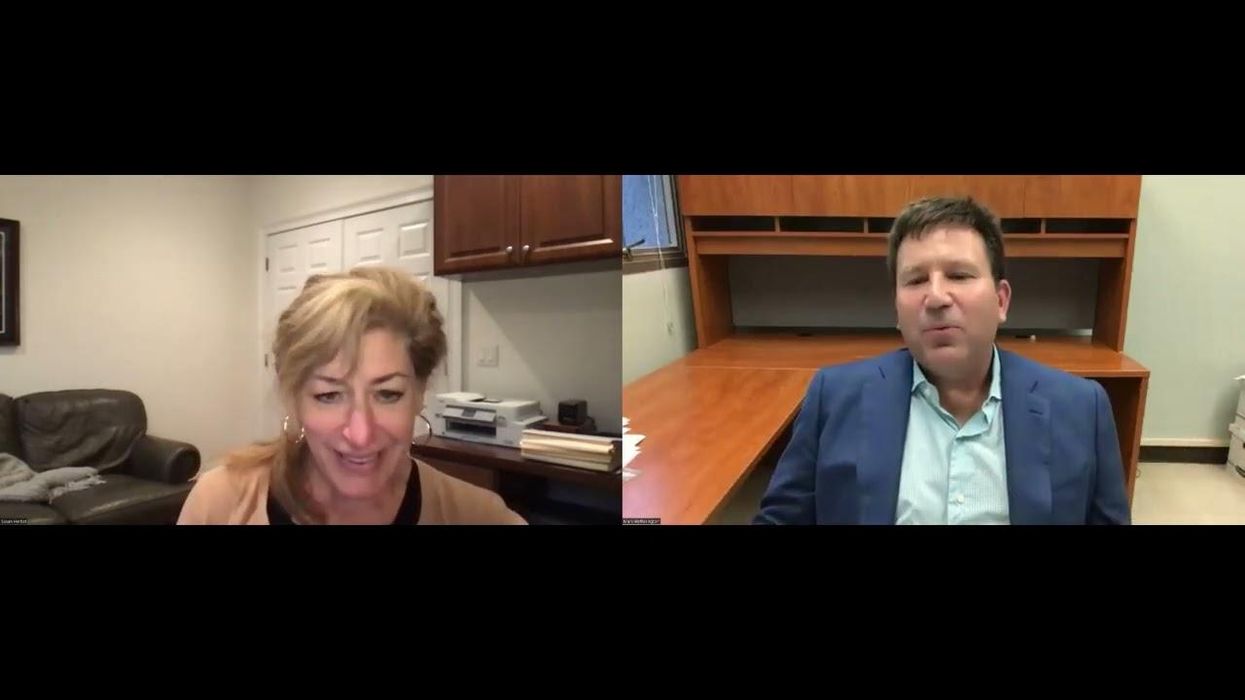A successful Democracy is messy. People are diverse in countless ways and have individual, cultural, and group identities and points of view. That people came together through most of US history to bridge differences has been America’s achievement since its independence. Today seems different.
Americans are deeply divided, despite sharing common hopes. What, then, is at the root of our current divide manifesting itself in life and death issues (Covid) and even an Insurrection? Is American democracy at the abyss? Can we bridge again to restore and foster Democracy, as messy as it may be?




















